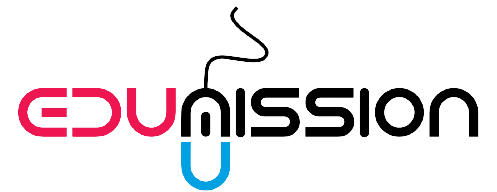Diploma
-
Eligibility : 10th Pass or equivalent (35% marks) With ENGLISH, MATH & SCIENCE compulsory subject, valid rank of JEXPO exam. NO UPPER AGE LIMIT, BUT CANDIDATES DATE OF BIRTH SHOULD BE BEFORE 01/07/2008
-
Total Fees : 1,00,000.00/-
( Counselling Rank ) Total Fees : 1,00,000.00/-


